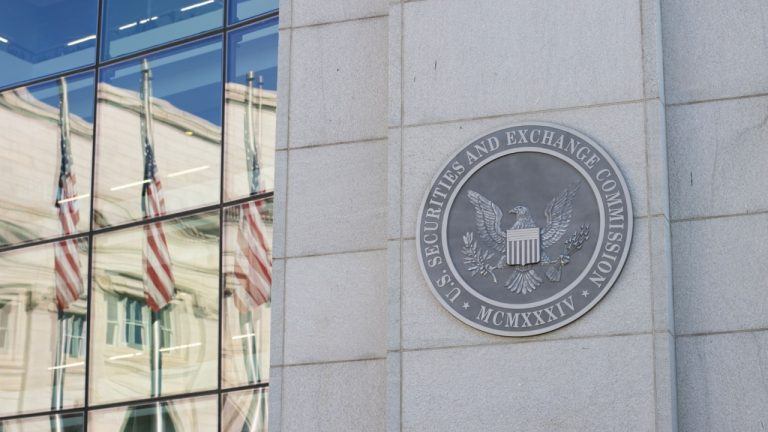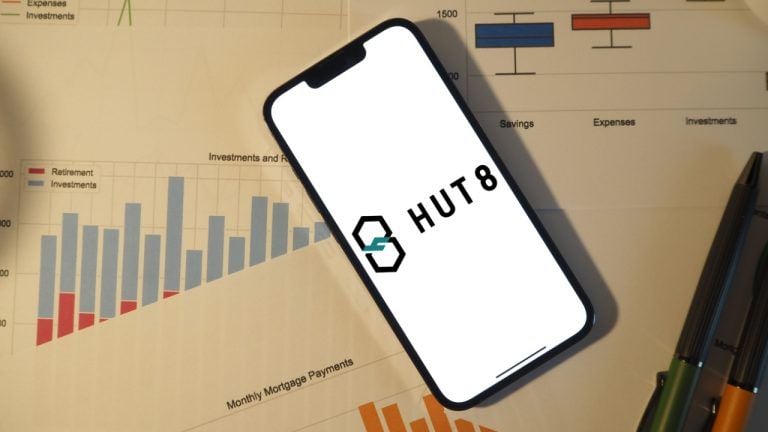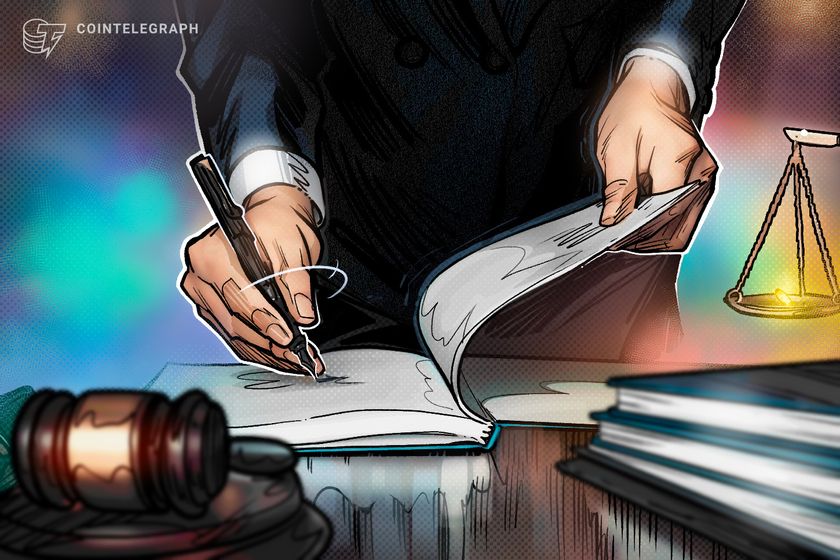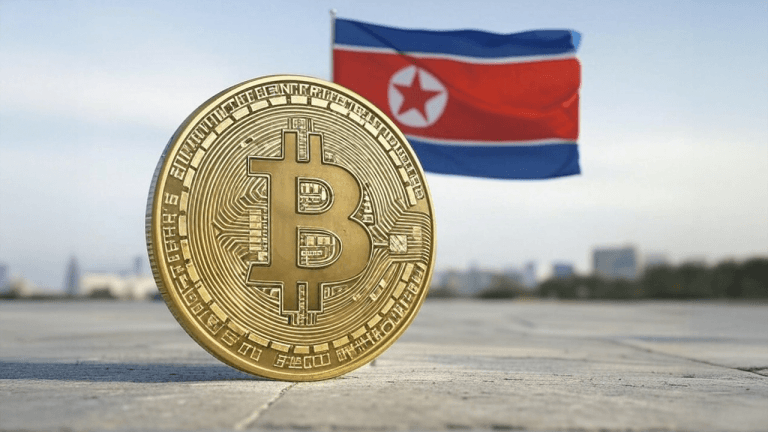
Busan City announces FTX partnership to build local exchange

South Korea’s ‘Blockchain’ city of Busan continues to establish partnerships to foster the growth of the cryptocurrency industry.
South Korea’s second-largest city Busan has announced a partnership with crypto trading platform FTX to build a local crypto exchange and foster blockchain development.
Sam Bankman-Fried’s FTX will assist in creating the Busan Digital Asset Exchange as per an official statement from the Busan Metropolitan City on Aug. 30. The Bahamian-based firm will also support the city in fostering the growth of the local blockchain industry.
Busan City will make use of FTX’s technology and infrastructure to establish its own cryptocurrency exchange. FTX is also set to be involved in promoting blockchain-specific education with local universities and projects within the city’s ‘Blockchain Special Free Zone – which was established back in 2019.
According to FTX Investment Division CEO Amy Woo the company will establish a Korean FTX branch in Busan over the next 12 months in an effort to help the city ‘grow into a digital financial hub in Asia.’
Related: South Korean authorities raid 15 entities linked to Terra collapse: Report
The City of Busan agreement with FTX comes hot off the heels of another partnership formed with Binance, the largest cryptocurrency exchange by trading volume. The company and city entered into a memorandum of understanding on Aug. 26 to provide technological and infrastructure support to the city’s blockchain development efforts.
Binance CEO Changpeng ‘CZ’ Zhao was present alongside Busan Mayor Heong-Joon Park for the announcement, which entails Binance supporting the establishment of cryptocurrency exchanges and various blockchain industries. Both Binance and FTX are set to establish a presence in the country over the next year.
Busan has looked to position itself as a blockchain hub in South Korea over the past five years, with various initiatives and partnerships established to reach this goal. Since Busan was designated as South Korea’s Blockchain sandbox in 2019, a number of projects have made use of the technology.
This included the roll-out of proprietary blockchain-based ID system, cryptocurrency-payment support for various services at its most popular beaches as well as a blockchain-powered drivers license platform.
South Korea’s Financial Intelligence Unit has also made a push to clamp down on foreign-based exchanges operating within the country in 2022, while the Financial Services Commission looking to fast track the review the review of 13 different bills related to cryptocurrencies currently sitting in the National Assembly of South Korea.
Go to Source
Author: Gareth Jenkinson









